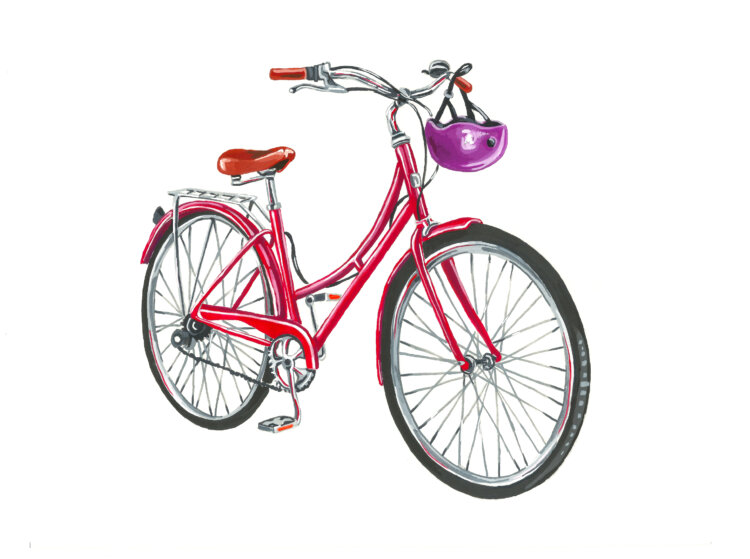
Anyone who has ever had to commute for longer than a half hour can tell you that it’s miserable. The last year I lived in Chicago, I had to commute two hours to and from work. That’s four hours of commuting a day. I varied between driving and taking the train, and though taking the train increased the commute time, it also gave me space to read, write, or play video games. But my husband? He had a five-minute bike ride to work. He was pretty unhappy at his job, but he loved being able to bike. Did our mode of transportation during our commute impact our happiness?
Researchers at Arizona State, University of Texas at Austin, Istanbul Sehir University, and Merrimack College examined the link between the way we travel and our well-being (aka our “happiness levels”). They argue that because cities are a hub for both goods (e.g. shopping) and services (e.g. healthcare), the populations of cities will continue to increase; transportation to and from these things is, therefore, important. Researchers wanted to see if a sustainable commute—like public transit, biking, or walking—was connected to higher subjective well-being or happiness level.
The group examined 187 regions and gathered various city-based data to see how commuting and well-being might be related.
Previous studies have shown that transportation systems do influence happiness. Commuting in a car by yourself increases boredom, social isolation, and stress, while walking and biking is associated with higher self-reported happiness, even while accounting for other variables. The researchers argue that while part of the happiness levels may be due to exercise, there is a correlation between commute mode and happiness—such that even the people who work at home have an increase in happiness compared to automobile commuters. …As someone who works from home, though, I wonder: what about the social isolation aspect? How does that factor into our happiness? A question for another study, I suppose!
And some things are just obvious: the longer the commute, the more likely that you’ll be unhappy; the more traffic there is, the less satisfied you’ll be with travel; people in more walkable areas are happier than folks who rely more on other modes of transportation.
While the study is only preliminary, the authors argue that their model does indicate that sustainable commuting is related to higher well-being scores, even when accounting for other predictors of happiness. They suggest that a larger study could examine whether this associate may also be linked to factors such as improved air quality, reduced traffic, and social factors, as well as the positive link between telecommuting and self-reported happiness.
The authors also argue that cities need to be built with not only socioeconomic factors in mind, but the well-being of their occupants. After controlling for other factors, they found that commuting predicts nearly 53 percent of the variability in a city’s happiness—meaning that cities could increase their overall happiness levels if they take commuting into account.


Grok Nation Comment Policy
We welcome thoughtful, grokky comments—keep your negativity and spam to yourself. Please read our Comment Policy before commenting.